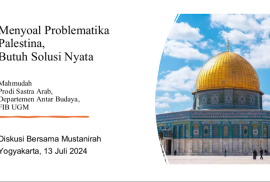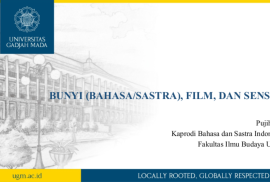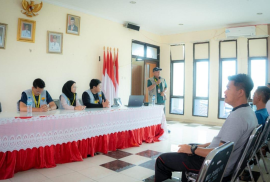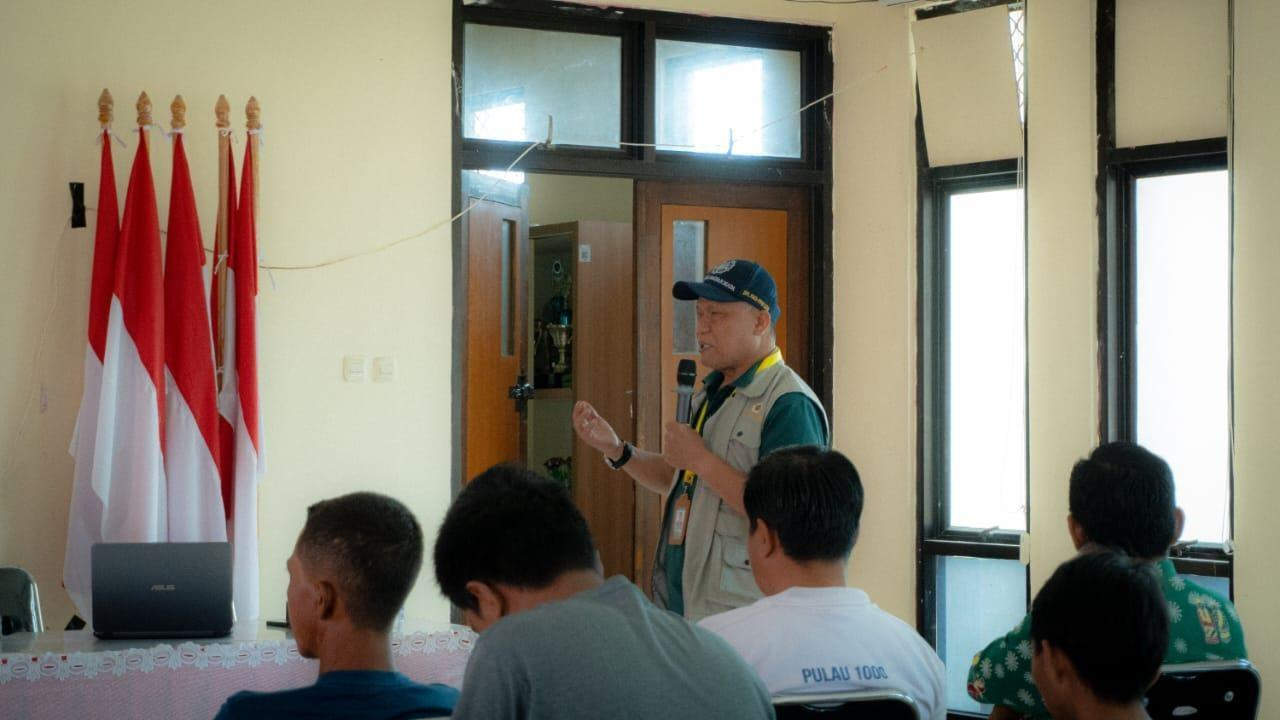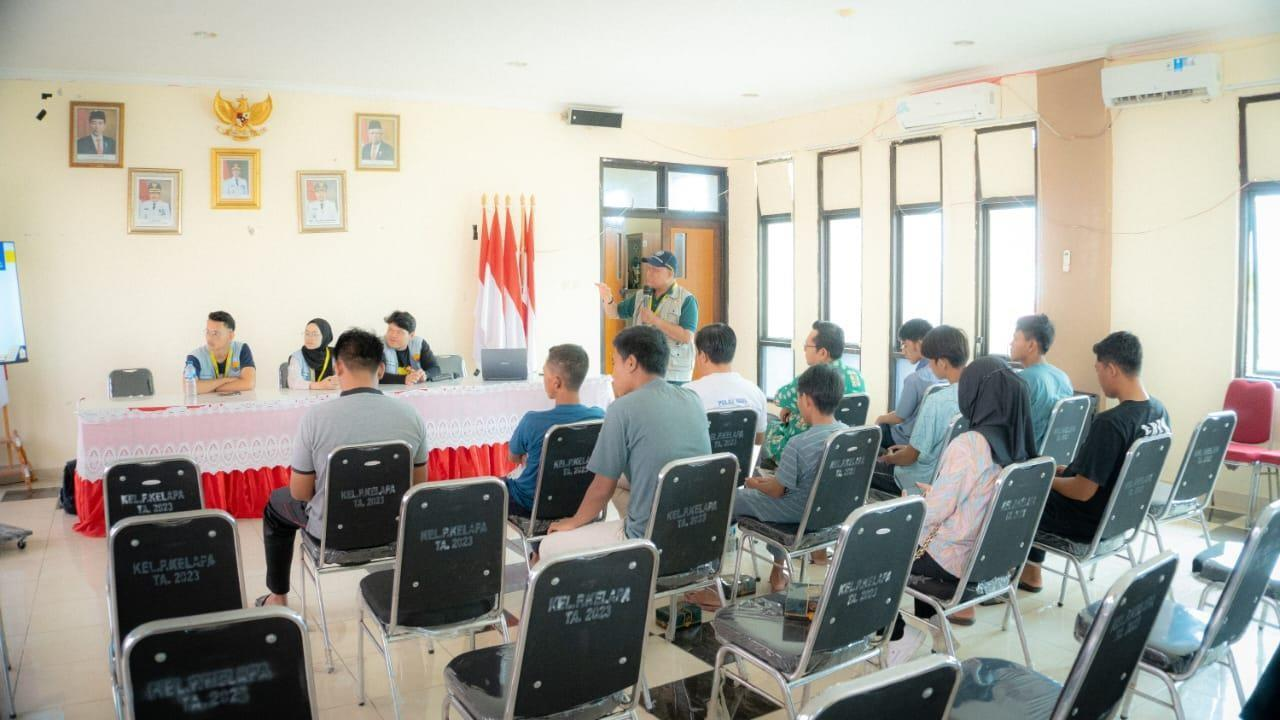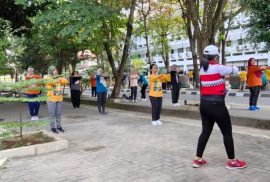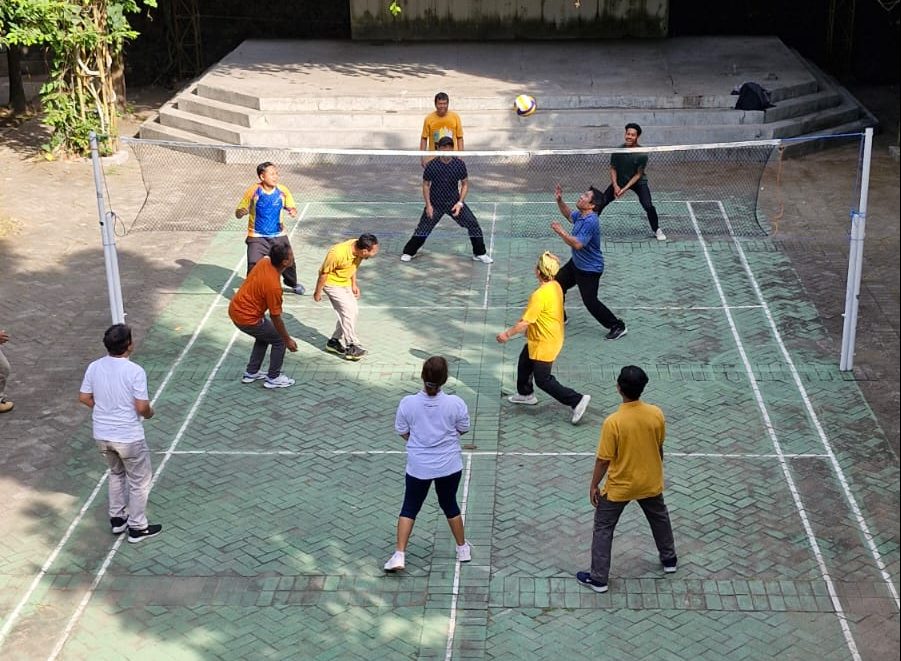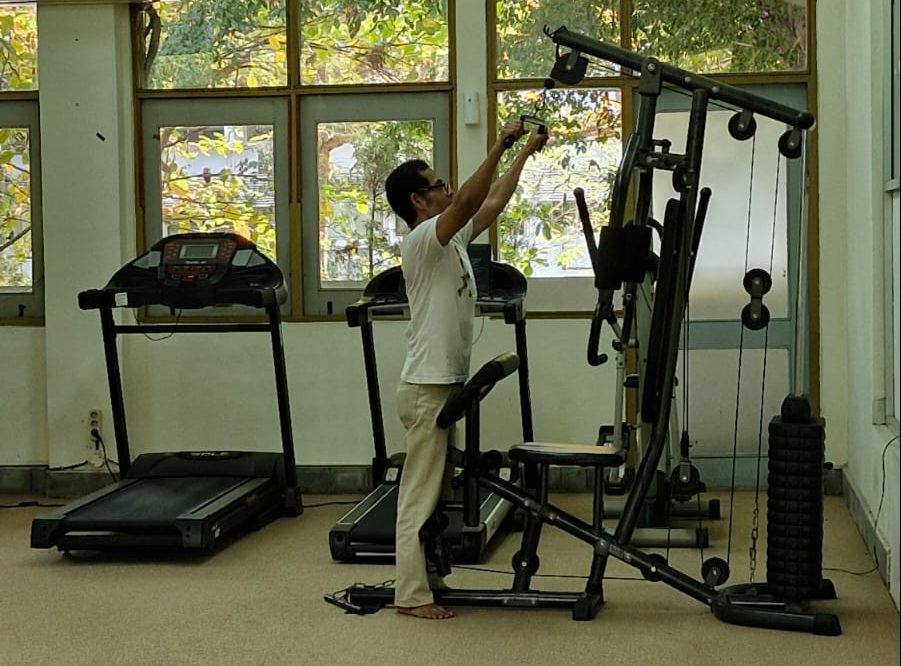Yogyakarta, July 13, 2024 — Rela Co-Working Space on Jl. Pogung Baru, Yogyakarta, hosted an in-depth discussion on the Palestinian issue with the title “Questioning the Problems of Palestine: Need Real Solutions”. This activity was held with speaker Dr. Mahmudah, M.Hum., and attended by members of the Mustanir community, consisting of lecturers and students from various universities in Yogyakarta.
The discussion held on Saturday had the main objective of responding to the current situation in Gaza and Palestine in general, providing an in-depth understanding of the background of the Palestine-Israel conflict, and socializing social institutions involved in efforts to help the Palestinian people affected by the war.
The event was opened with a warm welcome from the host, followed by the reading of verses from the Qur’an to provide a spiritual nuance to the discussion. Furthermore, Dr. Mahmudah, M.Hum., presented material that focused on various aspects of the Palestine-Israel conflict and the challenges faced by the Palestinian people due to the war.
The 45-minute presentation ended with a question and answer session, allowing participants to dig deeper and discuss concrete solutions related to the issues discussed. The discussion also underlined the linkages to the Sustainable Development Goals (SDGs), particularly in the aspects of Peace, Justice, and Resilient Institutions, with an emphasis on strengthening inclusive and peaceful societies, providing access to justice, and building effective and inclusive institutions.
The activity ended with a group photo session as a closing moment. The participants felt that the discussion not only provided new insights into the ongoing conflict, but also opened up opportunities to contribute to social efforts that support justice and peace for the Palestinian people.
With this discussion, it is hoped that the public can better understand the complexity of the Palestinian conflict and play an active role in efforts to support a just and humane solution.

